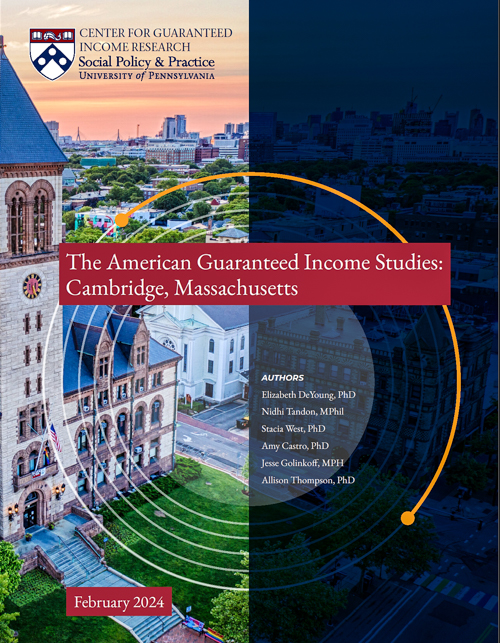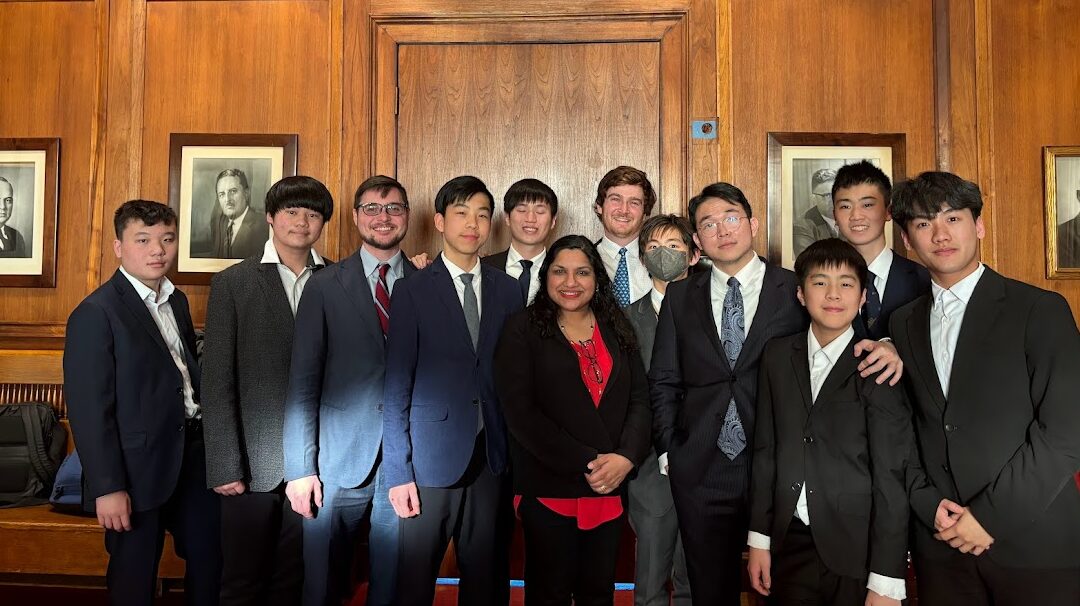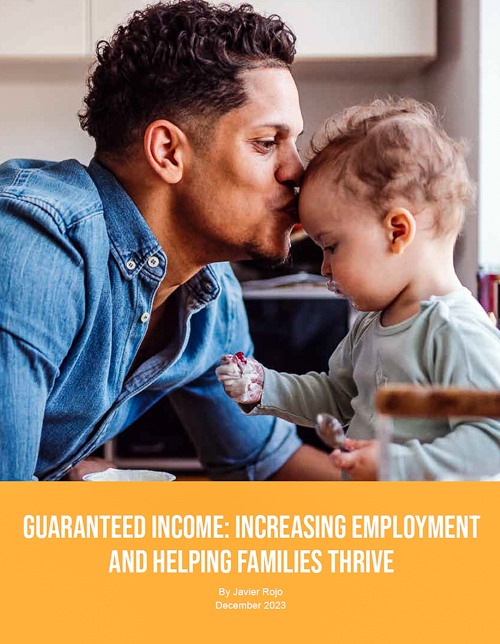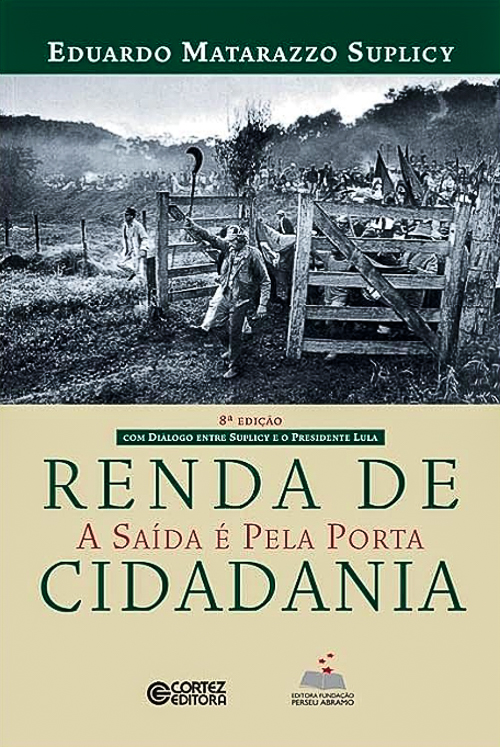
by Peter Knight | Apr 4, 2024 | News
“In September 2021, Mayor Sumbul Siddiqui and the Cambridge Community Foundation launched the Cambridge Recurring Income for Success & Empowerment (RISE) guaranteed income (GI) pilot. Designed to address growing economic disparities and racial inequities, Cambridge RISE provided $500 recurring monthly payments for 18 months to 130 randomly selected single-caretaker households living below 80% of the Area Median Income (AMI). To maximize the impact of the monthly GI, the RISE team secured benefit waivers to protect housing and DTA public benefits for pilot participants.1 Launched during an unprecedented time of pandemic-related stressors and inflation, Cambridge RISE provided critical relief to single caregivers who were responding to added burdens related to remote work and school and childcare center closures.
The Center for Guaranteed Income Research (CGIR) conducted a mixed-methods Randomized Controlled Trial to evaluate Cambridge RISE and randomly assigned 130 caregivers to the treatment arm and 156 caregivers to the control arm.”
To view the full report, click here.

by Tyler Prochazka | Mar 2, 2024 | News
The Youth Leadership Council of UBI Taiwan concluded a visit to Boston, Massachusetts, showcasing their projects promoting basic income. The delegation, composed of high school students from Taiwan, engaged in a series of meetings with local leaders and organizations to gain insights about Boston’s UBI initiatives.
The Taiwanese delegation met with former Cambridge Mayor Sumbul Siddiqui, known for the “Rise Up” guaranteed income program; Camp Harbor View, and United South End Settlements (USES), both of which run basic income pilots focusing on families with children. Discussions with these organizations demonstrated how basic income improved school attendance and stabilized living conditions for families struggling to pay rent.
Tyler Prochazka, founder of UBI Taiwan, said the students learned from these organizations to put passion first when designing their UBI projects.
“This trip was an eye-opening experience for our students promoting basic income. They saw how non-profit organizations have been at the forefront of making UBI a mainstream issue in the United States and the lessons they can take for making their projects a success in Taiwan.”
Boston’s organizations provided lessons for the council’s pilot to help single parents in Taiwan. UBI Taiwan’s program provides 10,000 NT a month ($300 USD) to single parents, tracking their progress through a documentary film. Steve Wei, director of the single-parent basic income program, highlighted how the program has already supported a mother moving into a better job and dealing with a health emergency. The documentary film is planned to be released in 2025, offering a window into how these lives are affected by basic income.
Allen Chen, founder of Lead For Taiwan, which co-organizes the leadership program, said: “The purpose of this visit was to combine education and social issues innovatively. We hope through this educational experience, we can guide students to find social issues they care about and make it their life goal to solve this problem.”
A theme throughout the visit was the ongoing challenge of public skepticism towards UBI. The Youth Leadership Council learned from USES that reframing the conversation to emphasize support for caregivers over the unconditionality of cash could help mitigate concerns. Another insight from the meeting was that nonprofit organizations might bridge trust gaps between recipients and government entities. This sparked discussions on the potential of public-private partnerships in administering programs that supplement UBI, such as USES’ mentorship services it provides for dealing with financial issues for recipients of its basic income.
James Davis, a special consultant for UBI Taiwan, said these discussions were important to deepen the international network of basic income advocates.
“Society’s evolution has always involved the cross-border exchange of ideas, and our team’s trip to Boston exemplifies that ideal. A permanent Universal Basic Income in Taiwan will earn global recognition and restore national solidarity.”
The council’s engagement extended to the government, with recognition from the Boston City Council and discussions on state policies with the Massachusetts Government Asian Caucus. The latter meeting underscored the shared challenges in Taiwan and the United States on funding basic income initiatives and the pushback stemming from taxation concerns.
Prochazka said meeting the former Cambridge Mayor and current City Councilor, Sumbul Siddiqui was particularly insightful for the students. Siddiqui underscored the administration challenges and impact of basic income programs for low-income families in Cambridge, a program similar to UBI Taiwan’s single-parent initiative. Councilor Siddiqui’s experience addressing the wealth gap in Cambridge provided a real-world perspective on policy implementation for the students.
Before meeting the government officials, the students completed leadership training on the Harvard campus. Workshop activities were run by the Harvard Undergraduate Global Education Movement, with mentors providing feedback on students’ projects and presentation skills.
Reflecting on these sessions, the co-director of the leadership program Bob Lin said: “Having witnessed firsthand the power of education on making social change, I was inspired by how this trip motivated the students to take action on their projects.”
One of the student’s projects included “Buddy Up,” a program that provides mentorship to vulnerable students, particularly those in single-parent households. Wesley Low is a student at Taipei American School and founded the program. He intended to supplement the UBI pilot and provide additional support beyond the cash assistance.
“This trip widened my understanding of the spectrum of issues in the world and motivated me to take greater initiative,” Low said.
The visit to Boston marks a significant milestone for the Youth Leadership Council in pushing discussions of UBI to support families in Taiwan. By engaging with international leaders, the council gained insights and showcased the potential of youth-led initiatives in driving social impact.
Evan Tseng, the student vice president of the council, reflected on the importance of thorough research and passion in driving successful initiatives, drawing parallels with Harvard students’ projects. Tseng said he was inspired to learn about a program that redirected unused masks to the homeless during the pandemic.
“This is precisely the skill we need, to find resources in the most unlikely places to succeed in your project,” he said.
About UBI Taiwan
UBI Taiwan is dedicated to exploring and implementing Universal Basic Income solutions to address social and economic challenges. Through research, advocacy, and pilot programs, UBI Taiwan aims to foster a more equitable and sustainable future.
About Lead For Taiwan
Lead For Taiwan is committed to nurturing future leaders with a focus on solving social issues through innovative education and leadership programs. Its mission is to empower young minds to lead with purpose and make a tangible impact on society.
About Ascent Academy
Ascent Academy sponsors the Leadership Immersion Program. By teaching debate and public speaking, Ascent Academy’s goal is to help students apply these skills to make real social change.

by Peter Knight | Dec 28, 2023 | Events, News
When: Friday 5th January 2024, 14:00 – 15:30
Where: Oxford Real Farming Conference 2024, Blue Boar House, INTER-VARSITY ROOM
Facilitators: Hamish Evans, Dot Tiwari, Jake Richardson & Kathleen Pollitt
Speaker: Guy Standing
“From labourers to landowners, livelihoods in agriculture are often precarious. A lack of funded pathways into farming makes careers in producing food both hard to access and difficult to sustain. Finding ways to support these livelihoods will be critical to building the resilient, sustainable and just local food systems we need. This is an interactive workshop as well as the launch of the campaign, with initial insights from a year of hosting conversations with farmers around the UK. BI4FARMERS is a campaign created by a fresh working group of growers, farmworkers, farmers, academics and union co-ordinators. The aim of the campaign is to encourage farmers and food producers to discuss possible solutions to the financial barriers they face.”
To learn more and book online tickets, click here

by Peter Knight | Dec 21, 2023 | News
A new report on a recently concluded statewide guaranteed income pilot program with immigrant families shows how unrestricted cash assistance programs allowed low-wage earners to pursue better jobs, increase their educational levels, and improve other critical outcomes for their children.
“The NM Economic Relief Working Group’s 18-month guaranteed income (GI) pilot selected 330 mixed-immigration status households to receive unconditional direct cash transfers of $500 monthly for 12 months from February 2022 to February 2023. One-third of households sampled came from rural communities and two-thirds from urban communities. An additional extension was granted to 50 randomly-selected mixed-status households to receive $500 monthly for an additional 6 months (February 2023-August 2023).
Immigrant families were chosen for the pilot because polling showed these families struggled significantly more than the general population during the pandemic because of numerous exclusions from the country’s safety net; these exclusions were due to lack of a social security number even if the household had U.S.-citizen children. In addition, many immigrant parents are not eligible for public safety-net programs, such as unemployment insurance, even though many are essential workers, make substantial tax contributions, and have positive economic impacts on our communities, state, and nation.
After receiving guaranteed income checks for a year:
• Rural participants reporting increases in employment: 14% increase
• Urban participants reporting having unstable work schedules: 36% decrease
• Rural participants reporting having unstable work schedules: 17% decrease
• Participants reporting, they had trouble paying the rent or mortgage on time: 35% decrease
• Participants reporting having to reduce or forego expenses for basic household necessities, such as medicine or food, in order to pay the rent or mortgage: 9% decrease
• Urban participants reporting having to reduce or forego expenses for basic household necessities, such as medicine or food, in order to pay the rent or mortgage: 18% decrease
Also, as part of its advocacy, the ERWG obtained a state rule change so that receiving regular GI payments do not count as income and thus do not negatively impact recipients’ SNAP or TANF allotments. ERWG’s longer term goal is to get the State of New Mexico to provide economic supports to participants in workforce development projects, specifically childcare, home health care and the oil & gas industries.
The report, “Guaranteed Income: Increasing Employment and Helping Families Thrive,” on the New Mexico Guaranteed Income Pilot Program for Immigrant Families, was released on December 12, 2023.”
Here is a link to the report and the fact sheet.

by Peter Knight | Aug 30, 2023 | News
In the eighth edition of Eduardo Suplicy’s book, Citizen’s Income: The Way out is through the Door (Renda de Cidadania: A Saída É Pela Porta) there is a dialog between Suplicy and now re-elected President Luis Inácio Lula da Silva on the occasion of Suplicy’s 80th birthday in 2022. Here is an English translation of part of that dialog:
“I think that, after the pandemic, Basic Income will return with much greater strength, and that it is not possible that we will not succeed in getting the world to adopt it. If Brazil has a democratic president who cares, the BRICS may adopt it. South America may begin to do this, we can evolve beginning with the realization of our vulnerabilities when we governed this country that we didn’t succeed in establishing certain policies.”
At the 22nd BIEN Congress in Seoul that ended August 26, Suplicy announced that he is proposing to President Lula the creation of a working group to study how to gradually implement the universalization of Basic Income in Brazil.






